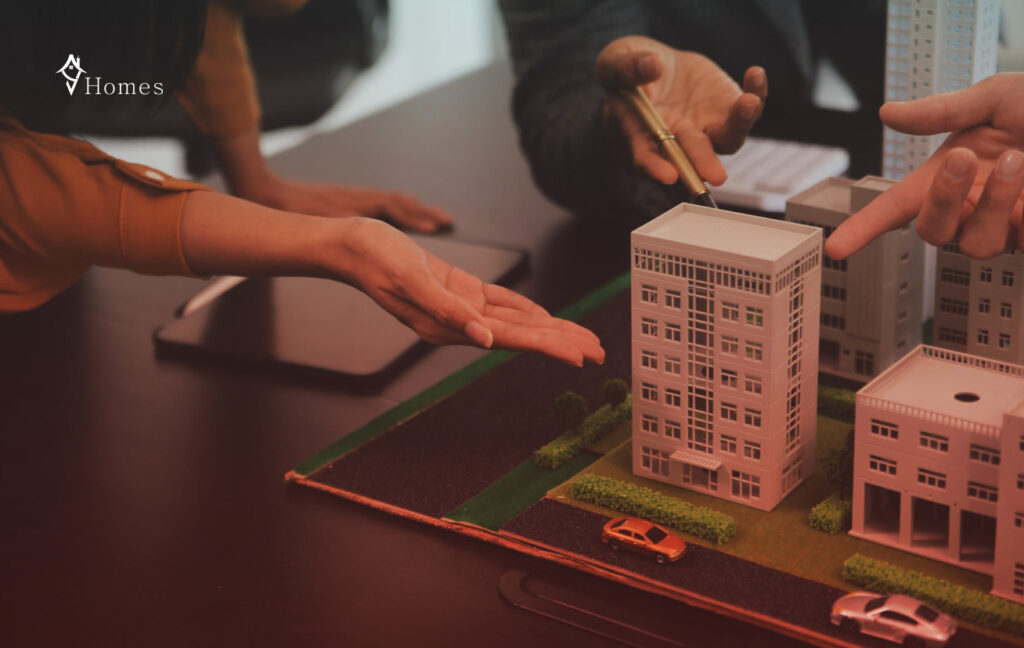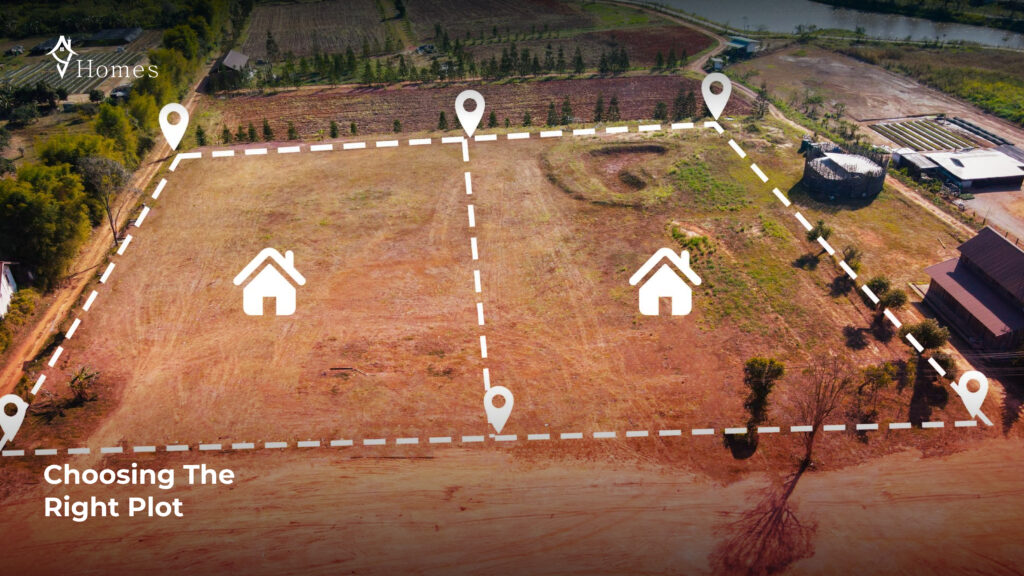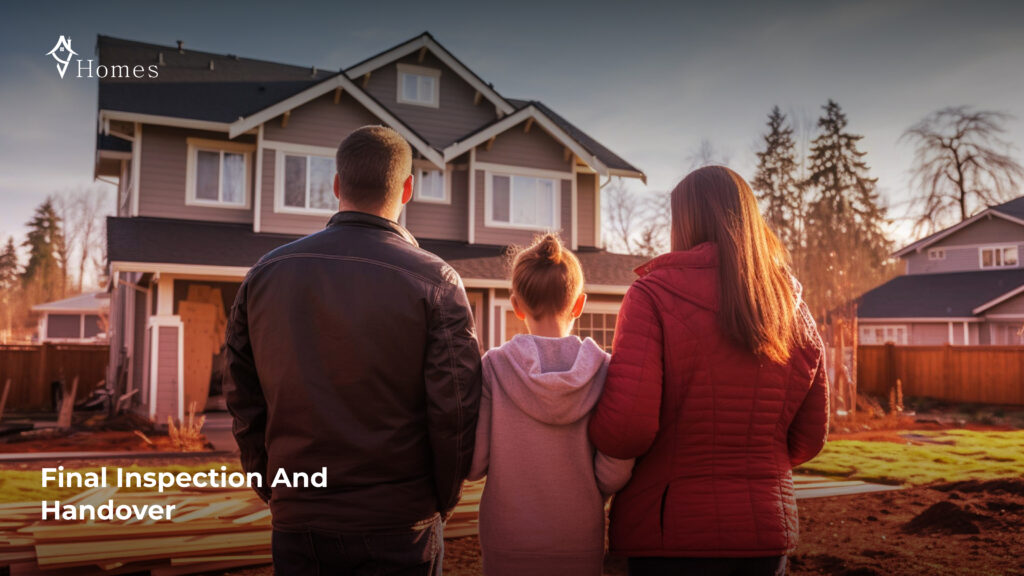
Legal Steps & Requirements for house construction in Bangalore
House construction in Bangalore is an exciting adventure, but navigating a maze with all the legal steps, permits, and regulations involved can also feel like navigating a maze. Don’t worry—We’re here to guide you through the house construction in Bangalore legal steps in a way that’s easy to understand and relatable.
What are the legal documents required for house construction in Bangalore?
Building a house in Bangalore requires several legal documents to ensure compliance with regulations and avoid future disputes. Here’s a comprehensive guide to the essential legal paperwork needed for a smooth House construction process.
1. Land Ownership Documents
- Title Deed
- Encumbrance Certificate
- Sale Deed
- Property Tax Receipts
2. Zoning & Land Use Approvals
- Land Conversion Certificate
- Zoning Clearance
- No Objection Certificates (NOCs)
3. Building Plan & Construction Permits
- Approved Building Plan
- Commencement Certificate
- Structural Stability Certificate
4. Utility & Infrastructure Approvals
- Water Supply & Sewage Connection Approval
- Electricity Connection Approval
- Fire Safety Clearance
Step 1: Choosing the Right Plot in bangalore

First things first, finding the perfect plot for your house. Location is key, and in Bangalore, you’ll want to think about factors like the proximity to schools, workplaces, and amenities. East and North-facing plots are particularly sought after and tend to be more expensive. Also, consider whether you want an intermediate plot (surrounded by other plots) or a corner plot (which offers better ventilation and natural light but comes at a higher price).
Step 2: Legal Documentation and Verification
Once you’ve found your ideal plot, it’s crucial to ensure all legal documents are in order. Here’s a quick checklist:
- Khata and Title Verification: Think of the Khata document as your property’s ID card. It confirms the owner’s details and the property’s location within the municipality. In Bangalore, you’ll encounter ‘A’ Khata (fully approved) and ‘B’ Khata (properties with documentation issues). Make sure your property has an ‘A’ Khata.
- Encumbrance Certificate: This certificate proves that the property is free from any legal or financial liabilities, like mortgages or loans. It’s a must-have to ensure you’re not stepping into someone else’s debt.
- Sale Deed and Mother Deed: These documents are like your property’s birth certificate and family tree. They establish ownership and trace the property’s transaction history. Get these verified by a legal expert to avoid any nasty surprises later.
Step 3: Home Building Plan Approval
Before you start building, you need to get your building plan approved by local authorities like the Bangalore Development Authority (BDA), Bruhat Bengaluru Mahanagara Palike (BBMP), Bangalore Metropolitan Region Development Authority (BMRDA), Bangalore International Airport Area Planning Authority (BIAAPA) etc. This step ensures your construction is legal and meets all regulatory standards. Submitting your building plans for approval can seem daunting, but it’s a vital step to avoid future legal headaches.
Step 4: Foundation and Soil Testing
The quality of the soil on your plot can significantly impact construction costs and stability. Conduct a soil test to determine the type of foundation required. In Bangalore, red soil is common, but you might encounter loose soil that necessitates a stronger (and more expensive) foundation
Step 5: Construction Cost and Budgeting

Budgeting is where the rubber meets the road. Here are some key cost components:
- Foundation: This includes excavation and concrete work.
- Steel Structure: Costs for columns and footings.
- Roofing: Materials and labor for beams, slabs, and staircases.
- Superstructure: Building the main structure.
- Walls and Tile Work: Walls and tiles for kitchens and bathrooms.
- Woodwork: Doors, windows, and other wooden elements.
- Painting: Interior and exterior painting.
- Electrical and Plumbing Work: Wiring, lighting, and plumbing fixtures.
Planning your budget carefully and considering these components can prevent unexpected financial strain.
Step 6: Hiring Professionals
Hiring a professional architect and a reliable construction contractor is essential. A good architect will design your home to meet your needs while ensuring compliance with local building codes. A reliable contractor will manage the construction process, from sourcing materials to overseeing labor. When hiring, consider their experience, past projects, and client testimonials.
Step 7: Temporary Utilities
During construction, you’ll need temporary electricity and water connections. Coordinating with local utility providers to set these up is crucial to avoid interruptions in your building process.
Step 8: Final Inspection and Handover to new home

Before moving in, conduct a final inspection to ensure everything meets your requirements. Address any pending issues with your contractor. Once you’re satisfied, you can proceed with the final handover and start enjoying your new home.
Common Problems and Solutions
- Legal Disputes: It’s not uncommon to encounter legal disputes over property ownership. Ensure all documents are verified by a legal expert to avoid this.
- Construction Delays: Delays can happen due to various reasons, including labor shortages or material delays. Regularly check in with your contractor to keep the project on schedule.
- Budget Overruns: Costs can quickly escalate if not properly managed. Having a detailed budget and a contingency fund can help manage unexpected expenses.
Conclusion: Legal Steps & Requirements for house construction in Bangalore
A house construction in Bangalore involves several legal steps and meticulous planning. From selecting the right plot to obtaining all necessary approvals and certificates, each step ensures your dream home is built on a solid legal foundation. By following these guidelines, you can avoid legal hassles and enjoy a smooth house construction process in Bangalore.
Patience and due diligence are key to a successful house-building experience. Take your time to understand each step, consult with professionals when necessary, and make informed decisions to turn your dream of building a house in Bangalore into a reality. Happy building!
Looking to navigate the legal steps of building your dream home? Reach out to YV Homes for expert assistance and personalized support every step of the way! Let’s turn your vision into reality together!


